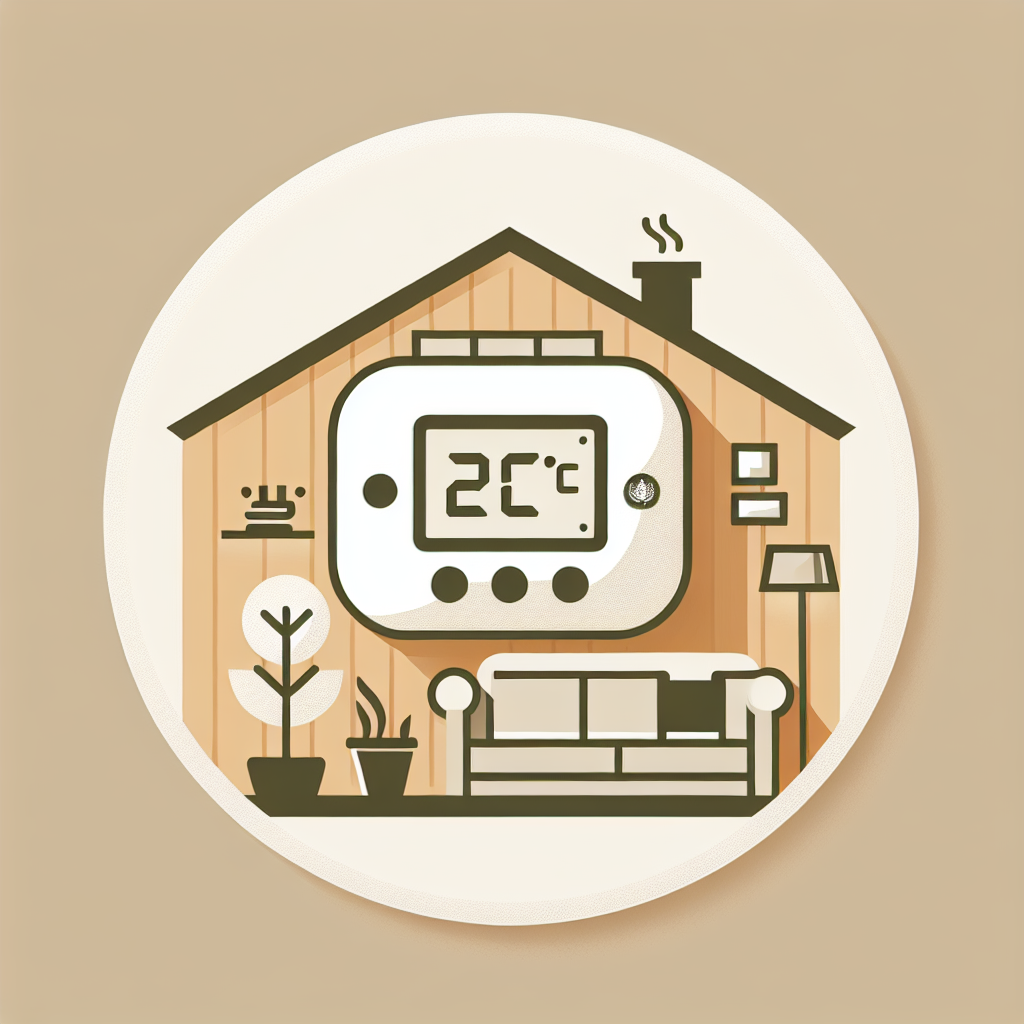Experts Debate Optimal Home Temperature for Winter Health

Controversy Over WHO Temperature Guidelines
In a heated debate over home heating this winter, experts have criticized the World Health Organization's (WHO) recommendation to maintain household thermostat settings at 18 degrees Celsius during the colder months. According to these experts, such a guideline may fall short of ensuring the comfort and health of occupants, promoting an alternative of at least 20 degrees Celsius as a healthier indoor temperature.
The WHO's Health-Centric Temperature Advisory
The WHO has long advocated for maintaining indoor environments at 18 degrees Celsius, reasoning that this level supports energy conservation objectives while simultaneously avoiding the risks of overly cold interiors, such as hypothermia, especially in vulnerable populations. These guidelines are particularly necessary for energy-poor households who are unable to afford higher temperatures. However, recent environmental shifts and varied personal health requirements have prompted reconsideration among health professionals and climatologists.
Health Risks of Lower Temperatures
Researchers argue that maintaining home temperatures at 18 degrees Celsius might increase the risk of cold-related health issues, such as respiratory problems and cardiovascular stress, especially amongst the elderly and those with pre-existing health conditions. Medical practitioners suggest that a warmer indoor climate can reduce the potential for cold-induced health problems significantly.
Balancing Comfort and Energy Efficiency
Amidst these opposing views, the challenge lies in balancing energy efficiency with health considerations. Moving beyond individual well-being, broader concerns about global energy consumption and carbon emissions are central to these discussions. Environmental scientists caution that increasing the ideal indoor temperature might lead to greater energy use and greenhouse gas emissions unless complemented by improved energy efficiency measures, such as enhanced insulation and the utilization of renewable heating sources.
Recommendations for Households
In light of this ongoing debate, households are encouraged to consider their unique circumstances when setting thermostats. The consensus among experts is to maintain an ambient temperature that ensures comfort while considering energy bills and environmental impact. Strategic use of heating, such as programming thermostats, utilizing space heaters effectively, and enhancing thermal insulation, may collectively contribute to a pleasant indoor environment at lower costs and with minimal environmental burden.
Future Scientific Research and Policy Impact
This controversy highlights the need for more detailed and comprehensive research into the optimal balance between energy efficiency and health in domestic heating. Future policies could benefit from integrated scientific insights that reflect both public health mandates and climate change imperatives. Moreover, innovation in heating technology and energy systems might provide sustainable solutions for maintaining healthier indoor climates while meeting global climate goals.




